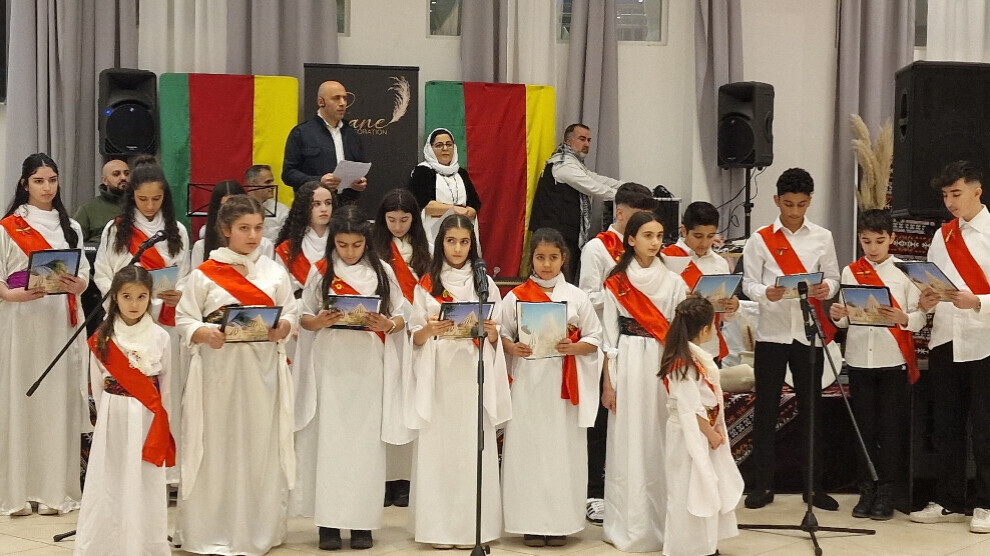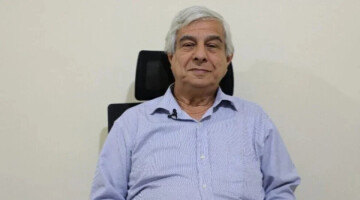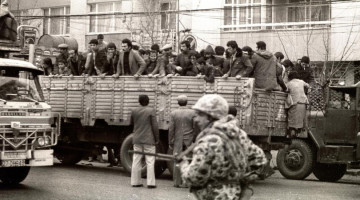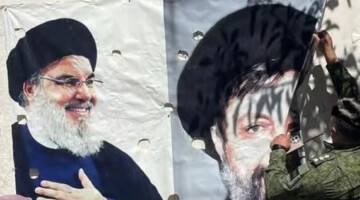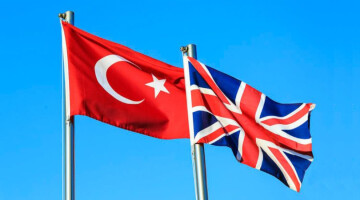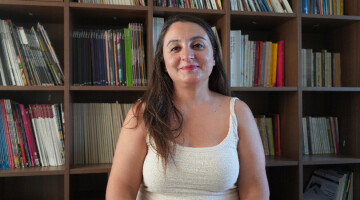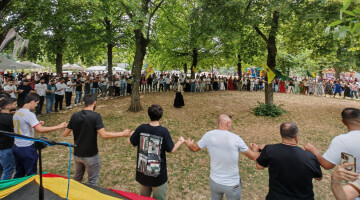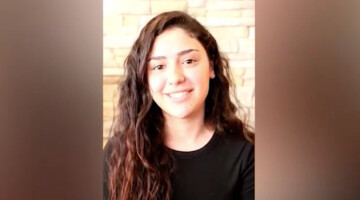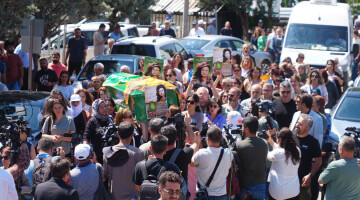The Yazidi Feast Cejna Êzî was celebrated in Isselburg, North Rhine-Westphalia. The event was organised by the Coordination of the Yazidi Community in Europe. Cejna Êzî is one of the highest holidays of the Yazidi religious community and is celebrated after several days of fasting before the winter solstice.
The celebration was attended by numerous Yazidis, guest speakers and representatives of the Kurdish umbrella organisation FED-MED, as well as Yüksel Koç, co-chair of the KCDK-E (European Kurdish Democratic Societies Congress), and Ahmet Turhalli of the Islamic Community of Kurdistan (CIK). From Turkey, HDP MP Ayşe Acar Başaran spoke about the numerous massacres suffered by the Yazidi community in history and the need for the Kurdish people to act in a united and organised way to prevent further genocidal attacks.
Dirty policies are being implemented against the unity and organised structures of the Kurdish people, said the MP, who is also the spokesperson for the HDP Women's Council. "Our cities are being destroyed, thousands of our friends are being held in prison as political hostages. Thousands of people are driven into exile and live abroad as refugees. At the same time, we are being attacked with a special tactic of war. These tactics target our unity and our organised structures. Our unity is wanted destroyed; we are wanted divided. It happens again and again that some fall for these machinations of the states and the rulers. It is claimed that Yazidis are not Kurds, or that Muslim Kurds are different from Yazidis. This is how they try to drive a wedge between us. In the face of this special warfare, we remember 2014 when Daesh ["Islamic State"] attacked Shengal on one side and Kobanê on the other. We defended Shengal and Kobanê together. When the people displaced from Shengal came to Bakur [Northern Kurdistan], we welcomed them with open arms. If one day we come to Shengal, the people will also welcome us with open arms and defend us. We will defend ourselves together and thus make the dirty politics of division fail. If we join hands and fight shoulder to shoulder in good times and bad, we can build a free life in our country. Today we are in Germany celebrating a Yazidi holiday. This day is our holiday, a happy day. We share our pain as well as our joy," said HDP MP Ayşe Acar Başaran.
More speeches were followed by musical contributions, including a performance by a Yazidi children's choir. The event concluded with dancing.
CEJNA ÊZÎ
The sun plays an important role in the Yazidi religion, which is why they are often referred to as "Rojperest" (sun worshippers). According to ancient Mesopotamian beliefs, the sun is considered a visible symbol of God, as it represents the source of life. The festival is therefore associated with the winter solstice. Before the solstice, people fast on the occasion of short days. The festival itself is a breaking of the fast, similar to the traditional, pre-Christian understanding of Advent and Christmas. After a three-day fast, the fast is broken together with family, acquaintances and friends. After the communal meal, the Yazidi table prayer is said, and each participant symbolically takes a piece of bread into his or her mouth.
On Friday morning, the Yazidis eat a meal together. All family members congratulate each other on the feast. Children go from house to house and receive sweets. Food is distributed to neighbours in the name of the dead, the graves of the deceased are visited in the Yazidi cemeteries and religious dignitaries recite prayers for the dead. Afterwards, the adults visit the households of their neighbours and friends.

